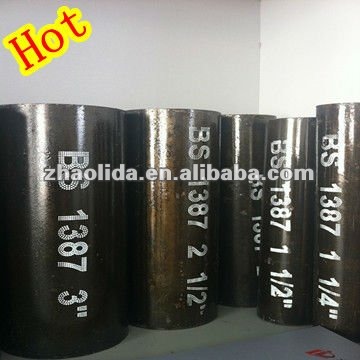We’re acutely aware that the price of artificial motor oil is significantly greater than conventional petroleum primarily based motor oil. Why would client need to purchase a product that is two to five time more expensive than what they’re accustomed to paying?
Variations between petroleum (conventional) based and synthetic oil.
Typical motor oils are refined from crude oil that has been pumped from the bottom. Refining is a course of that physically separates light and heavy parts and priceless material from nugatory. Artificial motor oils are the result of a chemical response called “synthesis.” The end result is a molecular uniformity attainable to attain with none refining course of.
Options of synthetic lubricants.
The key features of artificial lubricants are three in number. One, because they are derived from pure chemicals, synthetics include no contaminants. Their elementary purity protects them from the degradation that contaminants invite. Two, their smoother molecular uniformity that assists to extra successfully scale back friction. This uniform structure additionally helps synthetics resist thinning in heat and thickening in chilly, enabling them to offer higher protection over a wider working temperature vary. Three, synthetics are designable. Scientists can customize synthetic lubricants to meet practically each lubricating need, for even the most demanding conditions.
Are these benefits worth the additional value tag? If you’re (still) not convinced, let’s run by a few of the advantages offered by synthetic motor oil.
Superior friction discount.
This means diminished engine wear (& tear), which tremendously helps engines last longer and require fewer repairs. This also helps improve gas economy. Vehicles are getting better mileage per gallon.
Cooler operation.
As a result of they scale back friction higher, engines run quite a bit cooler. It may not be seen from the driver’s seat, however it can be noticed whereas straddling a scorching bike engine. Cooler engines resist stress and put on. Consequently, engines final longer, perform higher and require fewer repairs.
Thermal and oxidative stability.
Due to their extra inherent stability, artificial motor oils have a higher resistance to the formation of sludge, varnish, deposits and other by-products of lubricant degradation. This implies engines keep cleaner, which (once more!) helps them last longer, carry out better and require fewer repairs.
Low temperature fluidity.
The low pour point with synthetics is some of the notable and visible characteristics. In northern tier states and provinces engines have heaters and people plug their automobiles in during the coldest winter months. Synthetics, a few of which flow to over 50 (deg. C) under zero, enable easier chilly starts. The oil flows extra quickly to essential shifting parts, providing higher gasoline economy and protection in opposition to wear and during start-ups. Diminished put on means fewer repairs.
Broad temperature range of application.
 This implies there may be method better engine protection at each high and low temperatures.
This implies there may be method better engine protection at each high and low temperatures.
Extended service life capability.

Synthetic motor oils withstand larger temperatures before breaking down, therefore final longer than standard oils so motorists want not reside in concern after they fail to service their autos. Motor oil change periods go from 7.500 to 35.000 miles or 6 to 12 months and that is the way how customers save on upkeep bills.
Unfortunately, there are market forces that have a vested curiosity in convincing automobile homeowners to vary their oil extra often than vital. The authorized prey of those market forces have grow to be satisfied that they are buying “cheap insurance” or “peace of thoughts” by changing their oil extra often than vital. The 3000 mile oil change interval has been pounded into folks’s heads for many years. It had a scientific basis when engines used non-multi-weight, non-detergent oil. It not has any scientific basis, however it is still being promoted by certain entities, most notably the oil change industry in the United States.


